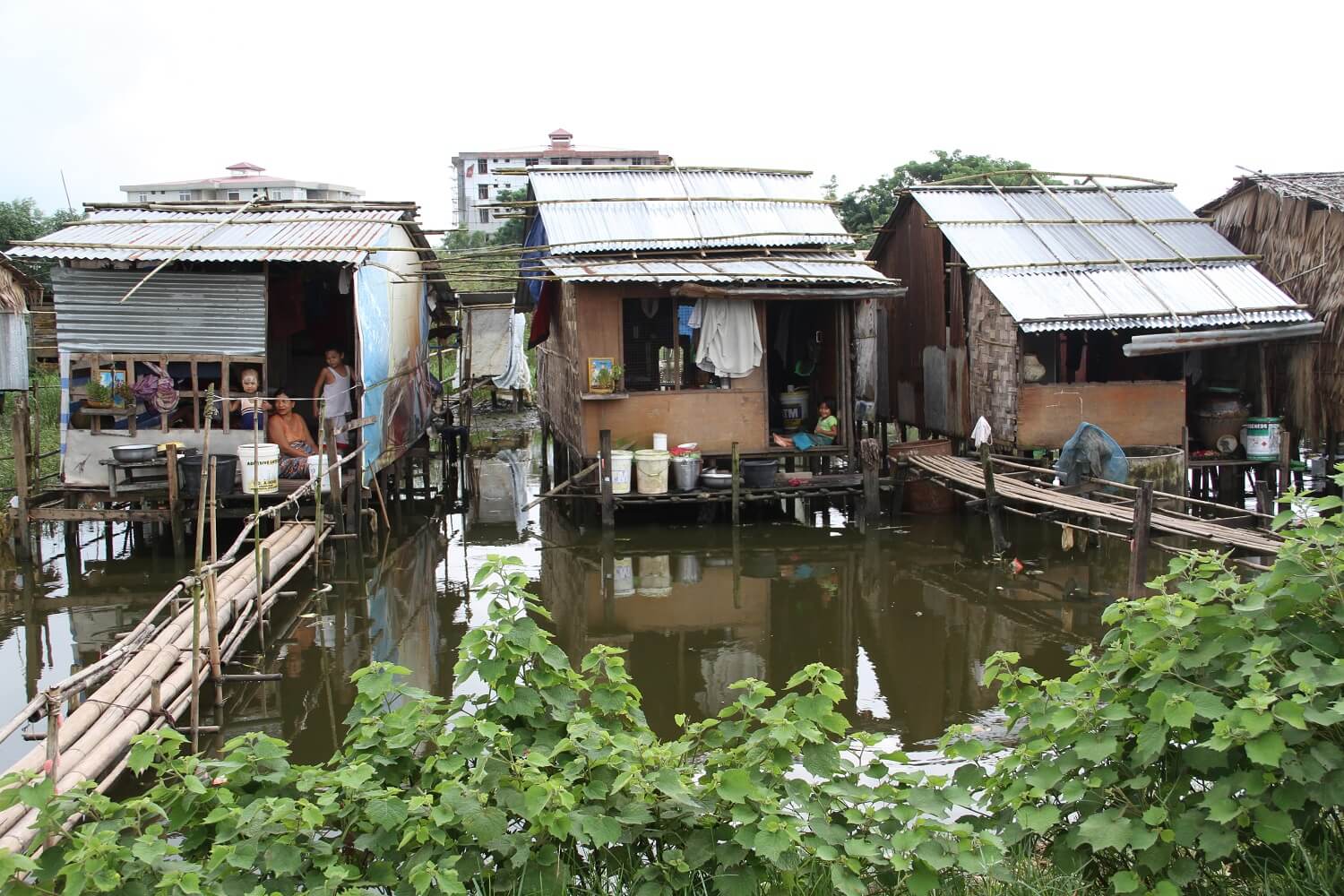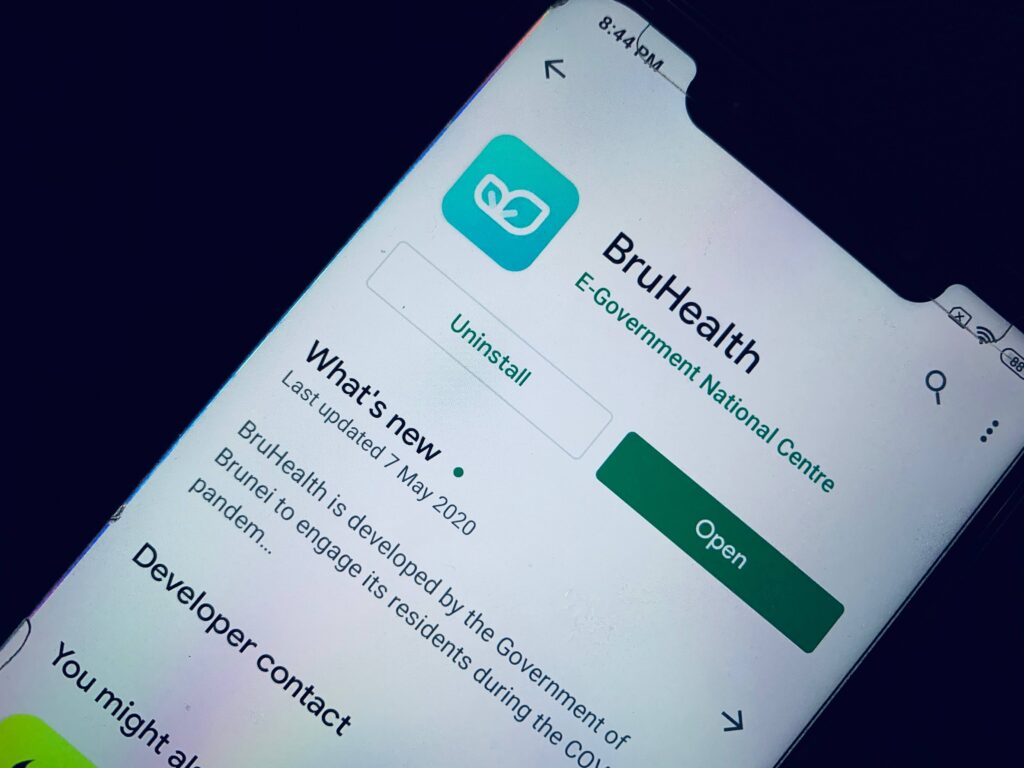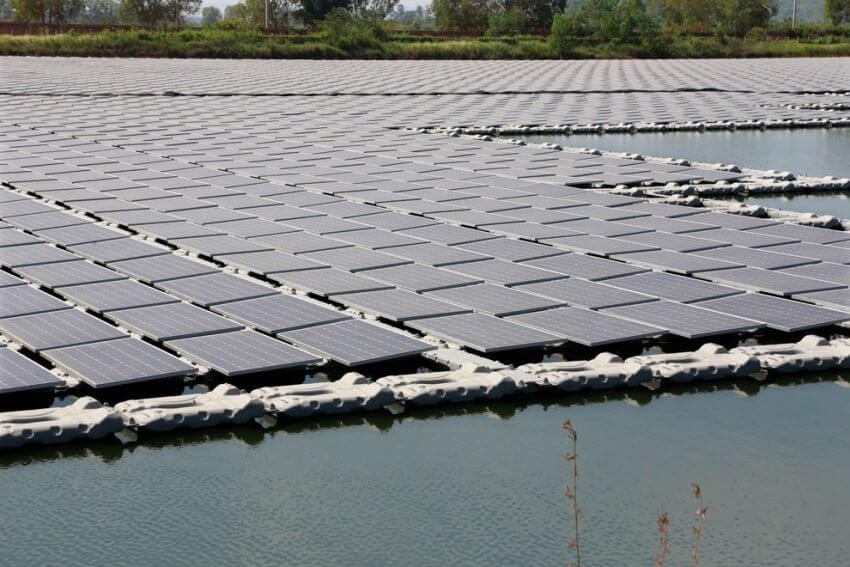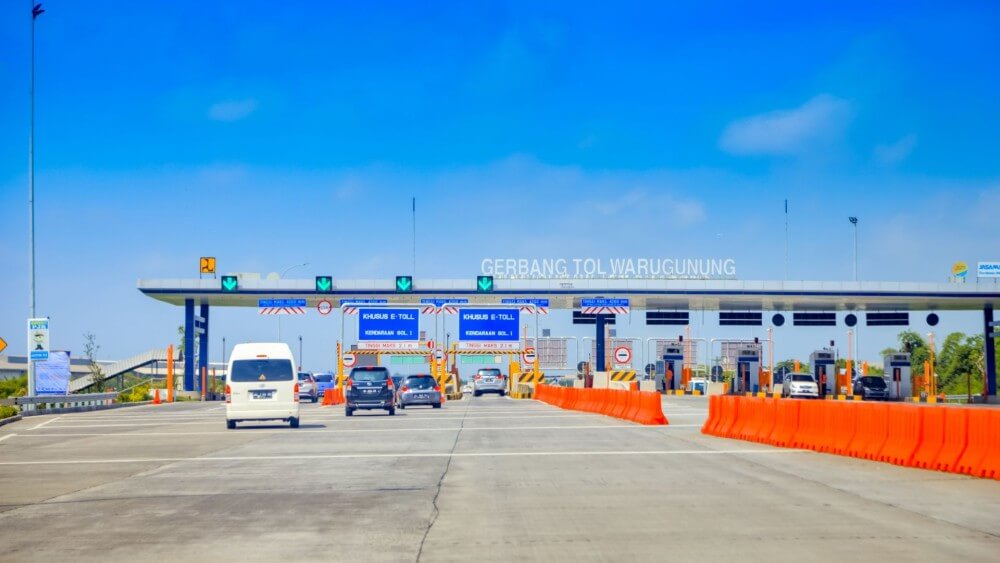Financing instrument and amount
The Government of Japan through the Japan International Cooperation Agency (JICA) supported an UN-Habitat project with the Yangon authorities to improve sanitation and waste management services in Yangon through a technical assistance grant of US$7.27 million. The project was planned to benefit approximately 25,000 households and over 250 schools.
Background
The Yangon region was badly hit by the COVID-19 pandemic and amongst the hardest hit by the health and socio-economic impact of the pandemic are the urban poor of Yangon, specifically the estimated 400,000 residents of Yangon’s 423 informal settlements.
While the provision of safe water, sanitation and waste management and hygienic conditions is essential for protecting human health during infectious disease outbreaks, including the COVID-19 outbreak, these conditions are difficult to implement in informal settlements. Overcrowding, housing design and the lack of access to water, sanitation and waste management facilities, make any form of physical/social distancing and simple interventions, such as regular washing of hands, extremely difficult. Most households also rely on day-to-day work to meet their living costs and do not have any savings or financial buffer to rely on to pay for basic services.
Approach
UN-Habitat, backed by JICA funding, worked with partners in Myanmar to ensure sustainable access to sanitation and waste management services in informal settlements in Yangon, including schools and households.
Partners include government bodies such as the Yangon Regional Government (YRG), Yangon City Development Committee (YCDC), Department of Urban and Housing Development (DUHD) as well as local community volunteers and non-profit organisations.
The project has three main components. Component A focuses on the construction of water supply systems for the delivery of clean, safe, and reliable drinking water to communities in informal settlements. It also aims to strengthen the capacity of communities to operate and maintain their water supply systems and to pay for the water services. Component B looks to support households to undertake proper collection of household waste, their separation and safe disposal to waste collection containers and provide communal waste collection and transportation infrastructure (i.e., garbage collection dump trucks, three-wheelers) and systems. Component C seeks to build the capabilities of the community and promote hygiene and environmental sanitation knowledge and good practices.
Results
The project was initially planned to start in March 2021 and be completed in February 2022. Due to the COVID-19 pandemic, the project was delayed and extended twice at no cost extension until February 2024. UN-Habitat implemented the three interrelated components in 45 locations, 257 schools, and 42 community health clinics across eight townships in Yangon. Based on UN-Habitat’s estimates, the project directly benefited approximately 25,000 households, representing 102,500 individuals and 170,777 students.
Surveys conducted after the project suggest an increase in knowledge and awareness of sanitation and wash management practices due to interventions in Component B. For instance, less than 17% of interviewees comprising both project beneficiaries and non-beneficiaries said they segregated household waste before the project intervention. However, 96% of beneficiaries claimed to practice waste segregation after the intervention. In addition, despite 79% of beneficiaries having limited knowledge of compost making before the project, by the end of the project, 95% had earned sufficient knowledge to explain or describe compost making and more than half started individual or community compost making efforts.
Key Learnings
Ensure that the focus of the project is aligned with the values of the implementation partner and funding agency as well as local partners.
The project is in line with UN-Habitat’s mandate to support vulnerable communities in Yangon and the joint UN effort to combat COVID-19. It was designed based on the UN Socio-Economic Response Framework to COVID-19 in Myanmar (SERF) and the Country Preparedness and Response Plan (CPRP). In its implementation, the project involved local government stakeholders including the Yangon Regional Government (YRG), Yangon City Development Committee (YCDC) and the Department of Urban and Housing Development (DUHD).
Clear monitoring and evaluation process.
The project was designed with an evaluation framework and plans for terminal evaluation to take place towards the end of the project, to review efficiency, effectiveness, transparency and performance in terms of delivering what was planned. Specific to Component B, a monitoring survey was conducted in March 2023 to understand the project impact and sustainability of intervention. This covered 345 beneficiaries in 23 locations and 230 non-beneficiaries from their adjacent areas where solid waste management initiatives had been conducted. The robust evaluation process is critical to understanding learnings for future projects as well as collect feedback from beneficiaries on gaps and further interventions required.
Designed for long-term sustainability.
The project includes a clear knowledge building component and is focused on strengthening the capacity and willingness of local communities to adopt good sanitation and waste management practices. This helps to ensure that outcomes are maintained in the long-term, even after the end of the funding. For instance, the monitoring survey conducted suggested that while 96% of beneficiaries indicated that they were willing to pay for household waste collection, only 70% of non-beneficiaries said the same, and 95% of beneficiaries are willing to continue segregating their waste after the end of the project, despite only 16% doing so prior to the start of the project. This suggests that the project was well-designed to demonstrate and explain the benefits of good waste management practices.
Sources
- UN-Habitat (2023). Monitoring report: Solid waste management activities in eight townships in Yangon. Available at: https://unhabitatmyanmar.org/wp-content/uploads/2023/09/SWM-Monitoring-Report-Japan-SB-Project_v.24.pdf
- UN-Habitat (n.d.). Building resilience against COVID-19 through WASH and waste management support in urban informal settlements. Available at: https://unhabitatmyanmar.org/?page_id=5021




